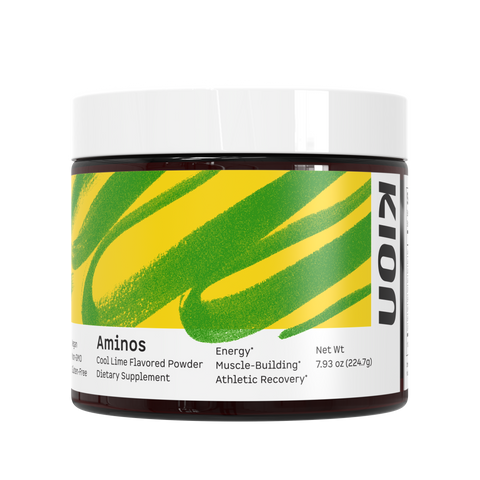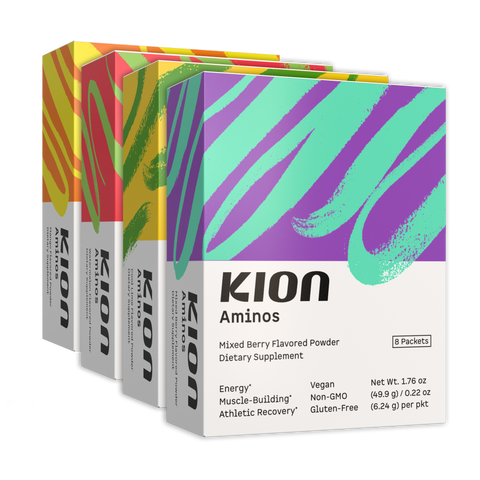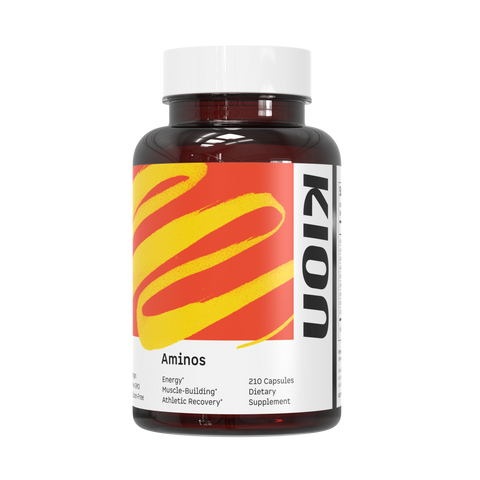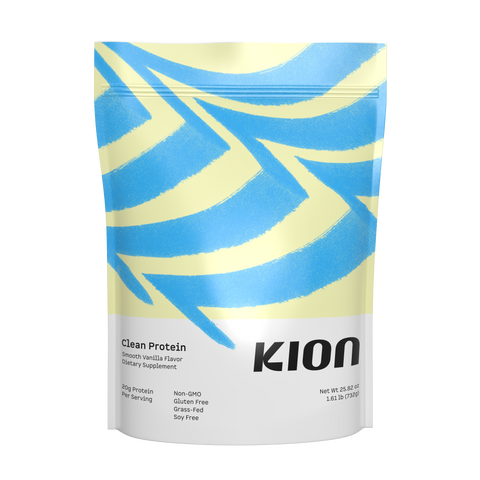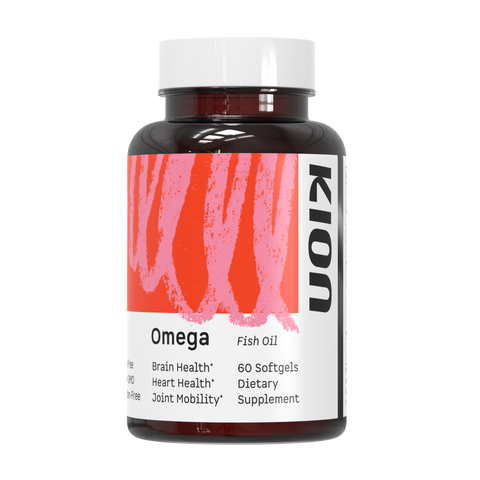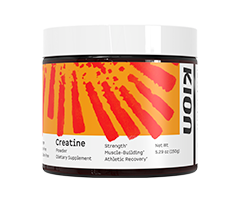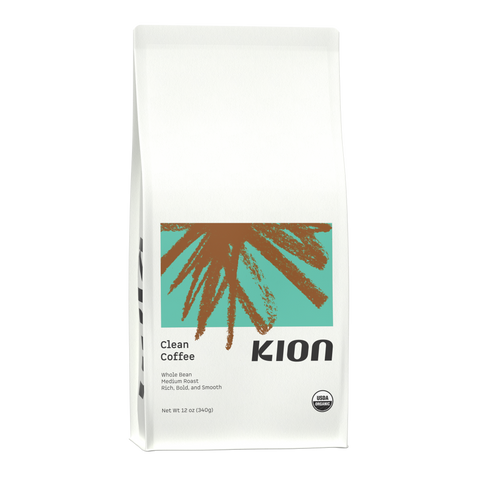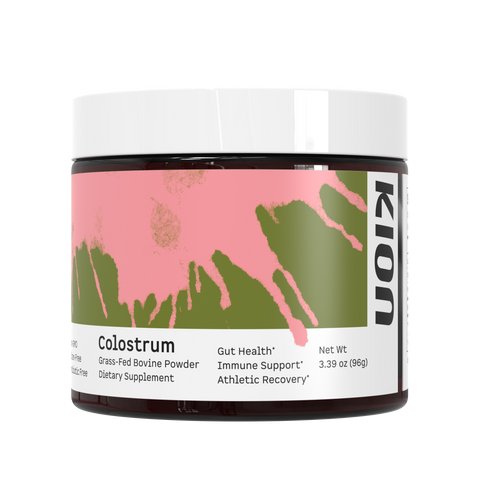Digestive issues, weight problems, fatigue, depression and anxiety, bad skin, hormone imbalances and autoimmunity...
Any ONE of these issues can make life hard. Combine a few or maybe all of them and you’ll know what it’s like to live with gut dysfunction — it’s brutal!
And to make matters worse, the root cause may not be intuitive or obvious and is therefore easily overlooked.
If you struggle with digestive woes, skin issues, mood disorders, and other chronic health problems, an unhealthy gut may be the source of your suffering.
In fact, one of the most cited quotes of ancient Greek physician Hippocrates illustrates the importance of this notion:
“All disease begins in the gut.”
The good news is you can heal your gut, transform your health and reclaim the freedom to live your best life.
For many people, fixing their gut issues is as simple as making better dietary and lifestyle choices, and supplementing as needed. For others, however, their issues can be far more complex and require a bit of detective work to find the root cause of their problems, and trial and error to find the right combination of strategies.
In other words, the gut can be complex. There are many different combinations of issues one person can be dealing with at a time, all of which could never be fully covered in one article!
However, in an effort to point you in the right direction, this post will...
- Explain why gut health is foundational to overall health.
- Address the two most common gut issues that unknowingly plague many of us with mysterious health problems..
- Give you a list of steps to optimize digestion and improve your gut health naturally.
Why Gut Health Is Essential to Overall Health
Many people question the notion that a broken gut may be the root cause of their health problems, however the gut does a lot more than just digest food.
Here are some facts to highlight just how linked gut health is to overall health:
- Roughly 70 percent of the immune system lives in the gut.
- So do 300-500 different species of bacteria which have been shown to support a wide range of bodily functions.
- The gut contains 500 million neurons (brain cells) and is directly connected to the brain via one of the body’s largest nerves (the vagus nerve).
- A growing body of research is showing an unhealthy gut contributes to a wide range of serious health conditions including but not limited to diabetes, obesity, depression and anxiety, autoimmune disease and more.
So, if you’re suffering with poor health and you’ve exhausted yourself trying to treat your symptoms, perhaps it’s time you listen to your gut.
The Two Most Common Gut Issues And How to Improve Gut Health Naturally
Many of the common symptoms associated with poor gut health can be linked to two specific gut disorders:
- Bacterial imbalance
- “Leaky Gut”
Gut Issue No. 1: Bacterial Imbalance
The gut is home to a giant bacterial ecosystem called the gut microbiome.
In addition to regulating numerous bodily functions, a balanced microbiome helps…
- Excrete toxins
- Produce vitamins
- Manufacture hormones
- Digest and extract nutrients from food
In a healthy gut, the hundreds of different species of bacteria coexist peacefully. However, that balance is constantly being disrupted by the stressors of our modern lifestyle, including...
- Stress
- Poor diet
- Infections
- Antibiotics
- Environmental toxins
- Oral contraceptive pills
- Circadian rhythm disruption
These insults disturb the gut microbiome, which can lead to the proliferation of “bad” bacteria, the elimination of “good” bacteria and even an overgrowth of normal bacteria in the wrong place, such as the small intestine (a condition known as SIBO).
As a result, brain function, immunity and the other biological systems regulated by our gut flora become weakened and any number of related health problems may manifest.
Symptoms of Bacterial Imbalance
- Skin issues
- Poor immune system
- Diarrhea or constipation
- Abdominal pain or discomfort
- Vitamin or nutrient deficiencies (despite a healthy diet)
- Gas, belching, or bloating after meals (especially when containing high FODMAP foods)
Think you might have a bacterial imbalance? There are a number of different tests available to help you confirm. Consult your healthcare practitioner for more information.
How to Balance Gut Bacteria
The first step to rebalancing the microbiome is removing the foods that perpetuate the overgrowth of the “bad” bacteria or the spread of normal bacteria to the parts of the gut where it can be harmful.
The most common problem foods include:
- Sugar
- High FODMAP foods
- Refined carbohydrates
- Fermented foods (when the goal is to starve the “bad” bacteria or temper bacterial overgrowth, it’s generally recommended to avoid fermented foods. However, when the goal is to populate the gut with “good” bacteria, adding more fermented foods can be helpful.)
To streamline your diet, consider adhering to one of the following dietary plans for 30-90 days to see if your symptoms improve:
When it comes to supplements, these three herbal antimicrobials can help manage bacterial overgrowth:
- Oregano Oil
- Peppermint (Oil)
- Grapefruit Seed Extract
Gut Issue No. 2: Leaky Gut
If you normally think of the gut as a long tube that takes in food at the mouth and eliminates undigested biomatter from the anus, you are correct. However, that tube isn’t of the garden hose variety.
The lining of the gut is a complex system of specialized cells that work together to contain, consolidate and eventually expel waste and other potentially harmful substances.
When the intestines become hyper-permeable, undigested food proteins, toxins, and pathogenic substances “leak” into the bloodstream, which then signals an immune response. This condition is known as intestinal hyperpermeability, more commonly referred to as “leaky gut”.
The immune response mounted from undigested food particles getting into the bloodstream results in higher levels of inflammation. This can be a primary driver of a number of health conditions including eczema, autoimmune disease, obesity and more.
Leaky gut can be caused by many of the same diet and lifestyle factors that contribute to a microbiotica imbalance, namely poor nutrition, stress and environmental toxins. Other causes include:
- Gliadin (a protein found in gluten)
- High-intensity, long duration exercise
- Gut microbiome imbalance (see above)
- Lectins found in grains, legumes and nuts
- Nonsteroidal anti-inflammatory drugs (NSAIDs)
- Glyphosate, the active ingredient in the herbicide Roundup
Symptoms of Leaky Gut
- Fatigue
- Skin issues
- Mood disorders
- Seasonal allergies
- Autoimmune disease
- Hormonal imbalances
- Poor cognitive function
- Food allergies or sensitivities
- Digestive issues (gas, bloating, IBS, Crohn's)
Testing is the best way to find out if you’re struggling with a leaky gut. To find the best test for you, consult your healthcare practitioner.
How to Seal Up a Leaky Gut
A good place to start is to avoid the things that cause inflammation or contribute to the permeability of the digestive tract. Top offenders include...
- Gluten
- NSAIDs
- Vegetable oils
- Lectins (most concentrated in grains, legumes, nuts and seeds)
Adding more of the following foods can support the regeneration and restoration of the gut lining:
- Aloe vera
- Bone broth
- Chia seeds
- Fermented foods
Specific dietary plans to help simplify food choices are:
Several supplements are known to work synergistically with diet and lifestyle to improve gut permeability. Here’s the shortlist:
- Probiotics
- Colostrum
- Bone broth
The Most Underrated Strategy to Improve Gut Health: Optimize Digestion
Let’s be real...fixing a broken gut is not a simple project.
Unless you’re lucky, finding what works will require diligent self-experimentation, patience and persistence.
However, whether you have a bacterial imbalance, leaky gut or both, ensuring good digestive hygiene will support all of your efforts and may even reduce the severity of your symptoms within a few days.
With that in mind, here are a few simple ways to optimize digestion naturally and improve your gut health.
Eating Habits:
- Avoid rushed meals or eating on the go.
- Avoid drinking large amounts of liquid with meals
- Eat slowly and mindfully. Chew each bite 25 times.
Movement:
- Avoid sitting for long periods of time.
- Walk for at least 15 minutes after meals.
- Sprinkle in yoga, stretching and twisting into your day.
Give Your Gut a Break:
- Avoid frequent snacking.
- Intermittent fast for 12-16 hours each day.
- Take time between meals to let your food digest.
Use Natural Aperitifs and Digestifs:
- Add natural aperitifs and digestifs to your water or in the form of tea before or after a meal to enhance digestion. These include lemon, lime, apple cider vinegar, ginger, dandelion, fennel, peppermint and others.
Summary
Gut health is a keystone of overall health. And since a broken gut is associated with a number of different health problems, diagnosing and treating it can be difficult.
The two most common types of gut issues are bacterial imbalance and intestinal permeability.
The root causes are associated with many of the features of our modern lifestyle including poor diet, chronic stress, environmental toxins, and more.
Addressing your specific gut issue will likely require modifications to your diet, supplementation regimen and lifestyle with special attention paid to improving digestion.
The best way to confirm if you’re struggling with one or both disorders is to get tested. Consult your healthcare practitioner for guidance on the best tests given your symptoms.
With disciplined self-experimentation and a willingness to play the long game, you can find the right combination of methods to heal your gut, restore your health and reclaim your life.
If you’re looking to dial in your gut health supplement program as a complement to your diet and lifestyle modifications, check out Kion Oregano Oil which supports the rebalancing of your gut microbiome. To help with a leaky gut, try Kion Colostrum, a natural superfood that helps to maintain the integrity of your intestinal lining and improve digestion.



